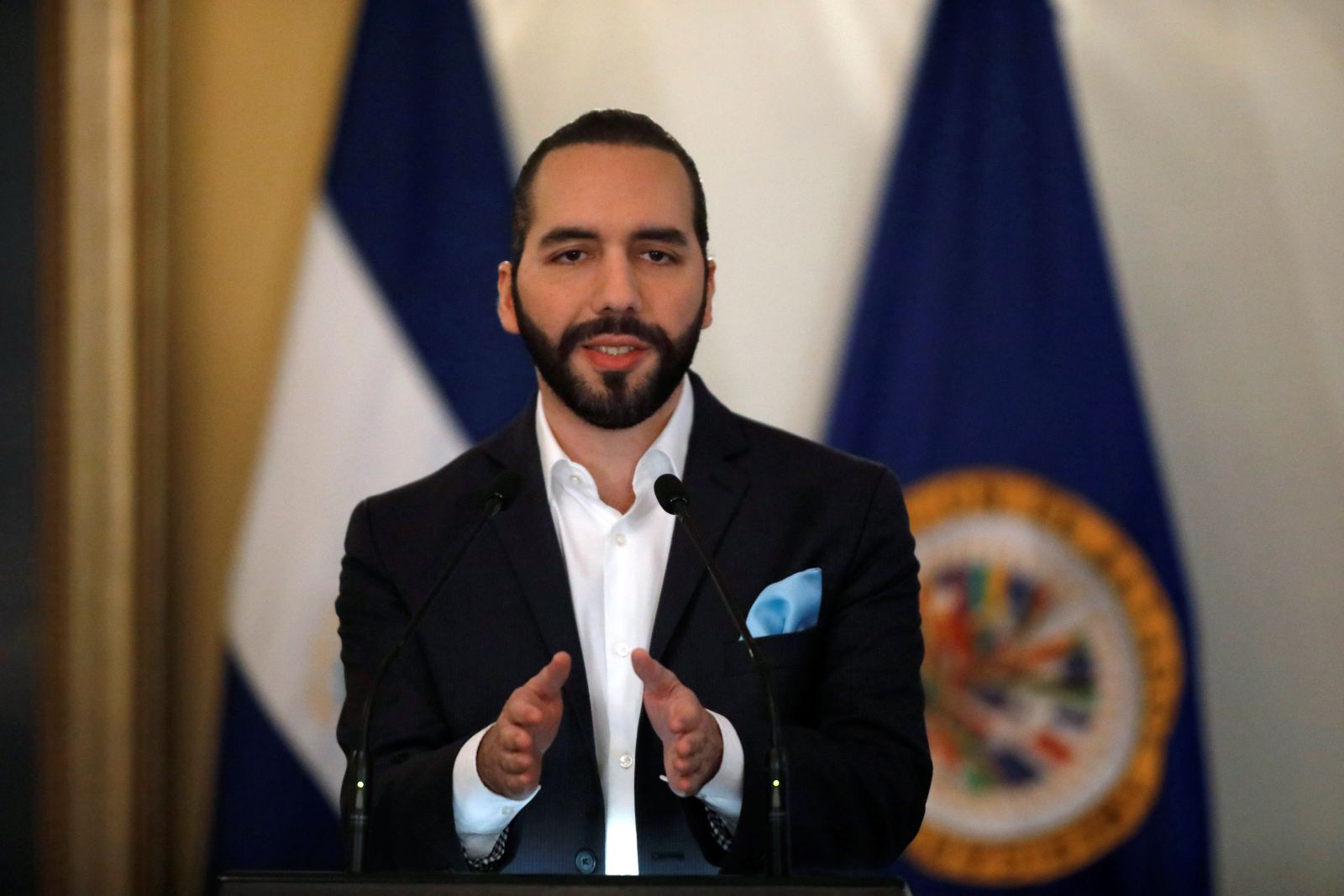
Human Rights Watch condemns President Nayib Bukele's Holocaust comments
The Americas director of Human Rights Watch (HRW), described the statements by the Salvadoran president as "repugnant."
José Miguel Vivanco, Americas director of Human Rights Watch (HRW), called a comment made by Salvadoran President Nayib Bukele, "repugnant."
On Wednesday, May 5, Vivanco harshly criticized the arguments used by Bukele to justify the dismissal of judges and the country's attorney general, drawing a parallel with the crimes committed in the Holocaust.
"I don't know if Mr. Bukele is aware of the repugnance of his 'arguments,'" Vivanco wrote on Twitter.
Bukele's statements during a meeting with the diplomatic corps held on Monday, May 3 on a private basis were broadcast Tuesday night, May 4 on a national network.
"In Germany, tens of millions of people thought it was okay to burn Jews in an oven. I mean, a lot of people can be wrong. And here they have been wrong..." Bukele said, referring to the international condemnation that the Executive and Legislative bodies have received for the dismissals that took place on Saturday night.
RELATED CONTENT
El Salvador is in the world's spotlight after the decision of the Parliament, with a pro-government majority, to dismiss the magistrates of the Constitutional Chamber of the Supreme Court of Justice (CSJ) and the Attorney General, Raúl Melara.
The action is considered a violation of the system of separation of powers and has been strongly criticized by the international community. Bukele has been accused by Vivanco of "attacking the rule of law and seeking to concentrate all power in his hands."
Comunicado de la Secretaría General de la @OEA_oficial sobre la situación en El Salvador:https://t.co/yXh0WQwzZq pic.twitter.com/umQVPgMhPO
— Luis Almagro (@Almagro_OEA2015) May 2, 2021
Vivanco applauded the declarations of the Secretary General of the Organization of American States (OAS), Luis Almagro, regarding the situation in El Salvador after the impeachments. He added that Article 20 should be applied for alteration of the constitutional order and convene the Permanent Council of the OAS.
"In the event of an alteration of the constitutional order in a Member State that seriously affects its democratic order, any Member State or the Secretary General may request the immediate convocation of the Permanent Council to carry out a collective assessment of the situation and adopt the decisions it deems appropriate," the article states.











LEAVE A COMMENT: